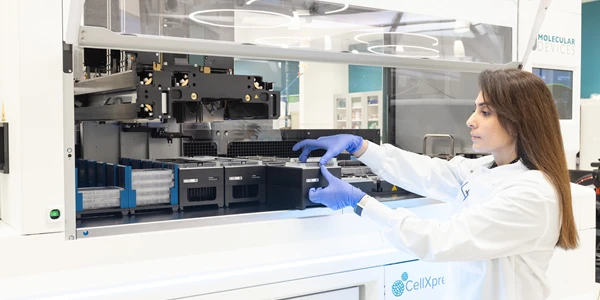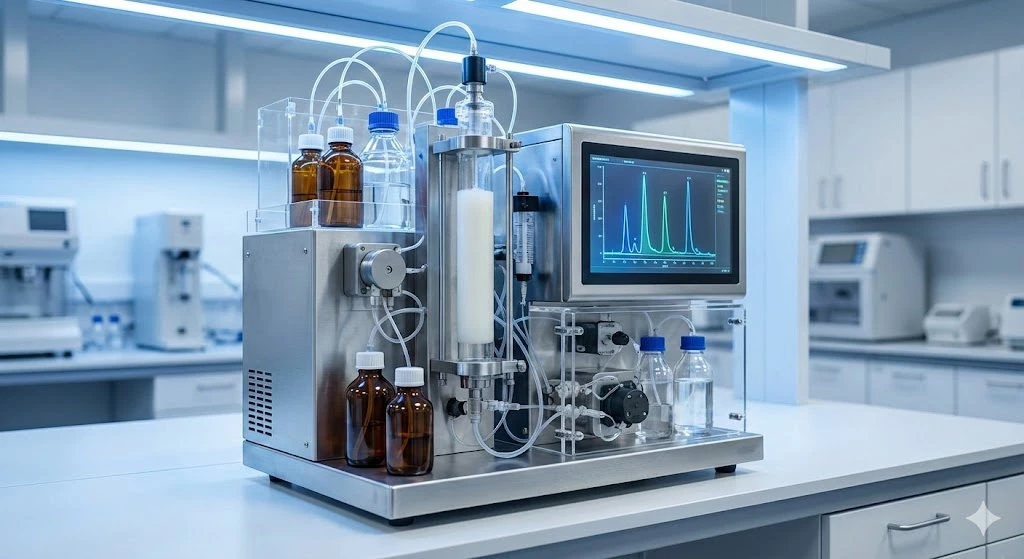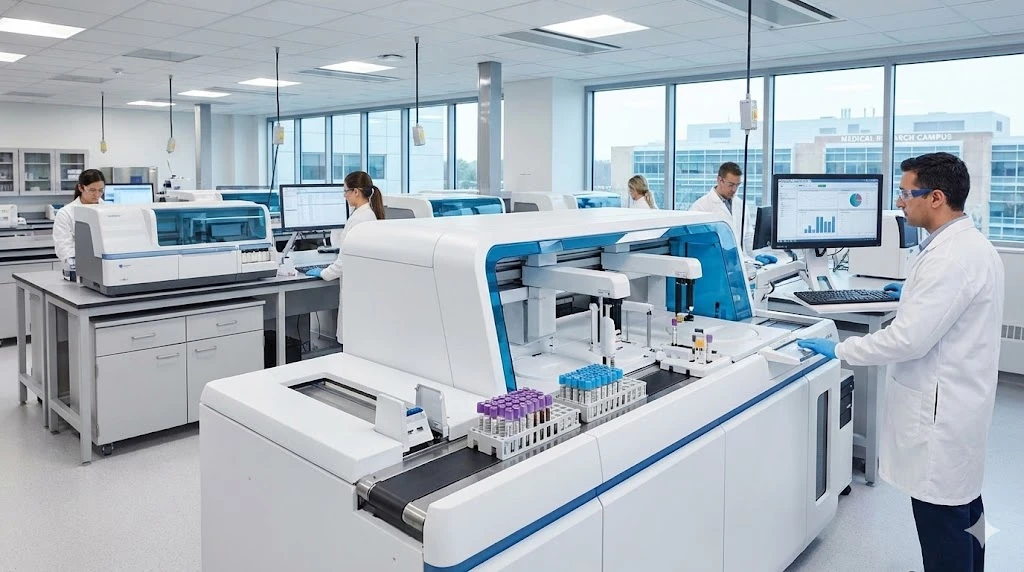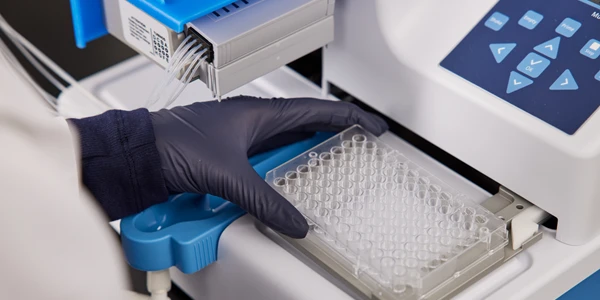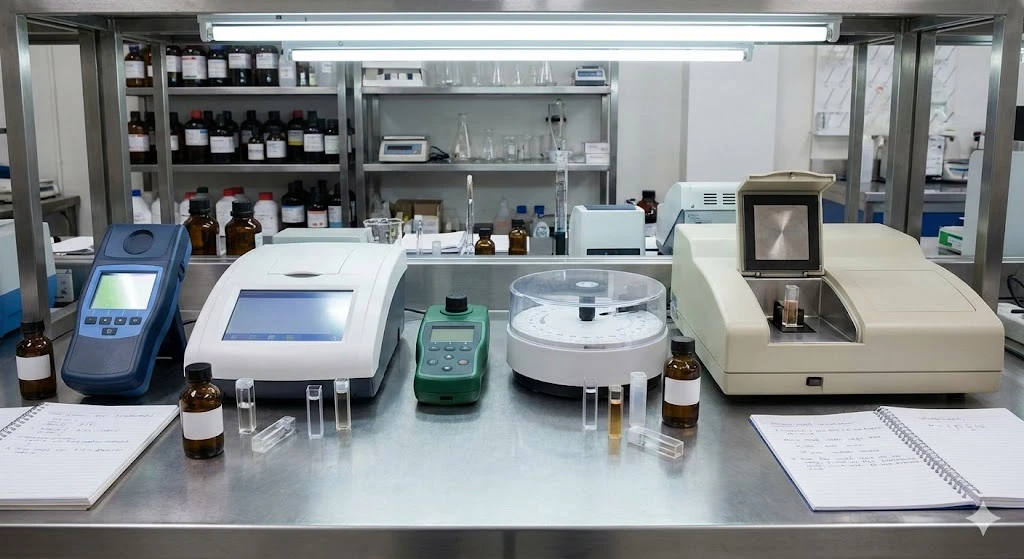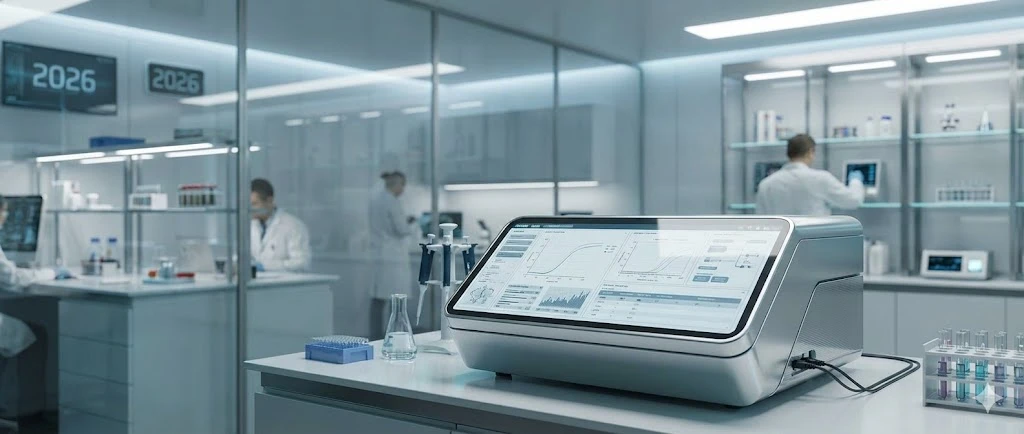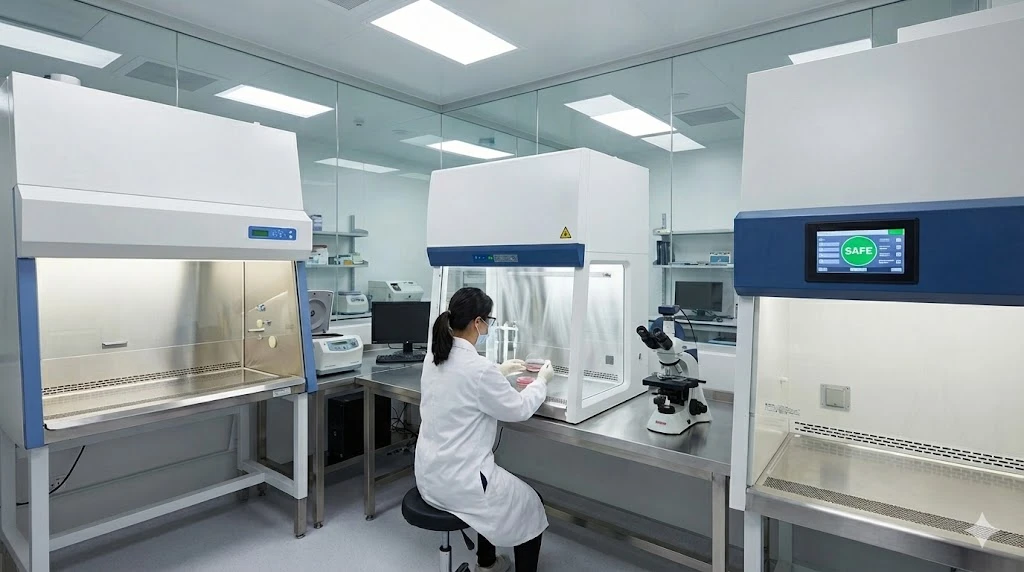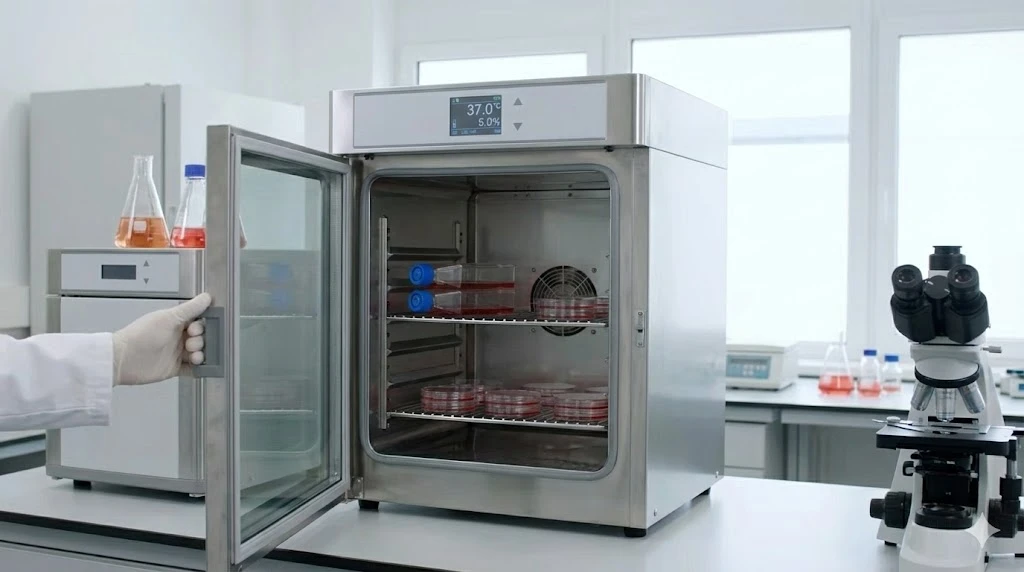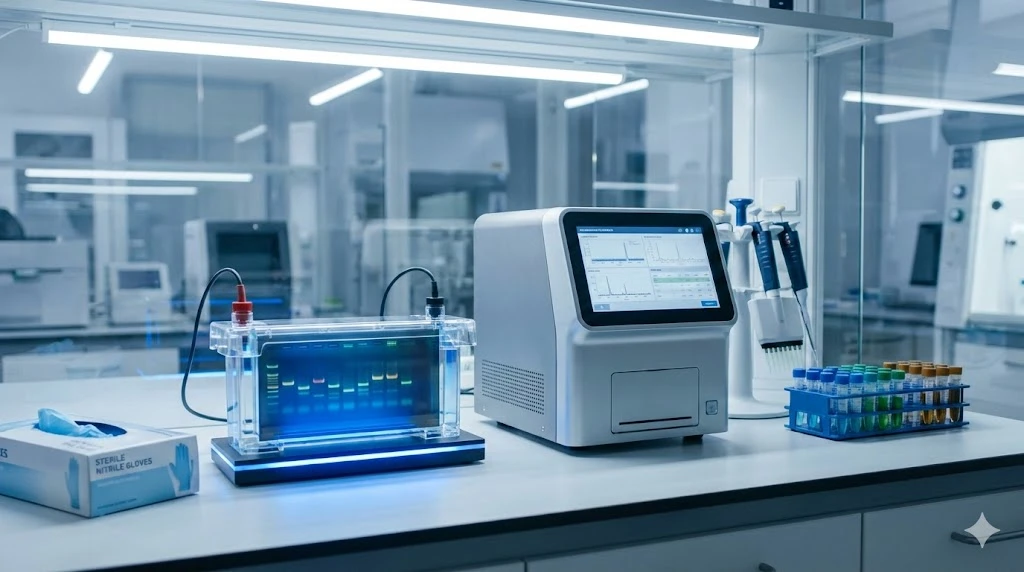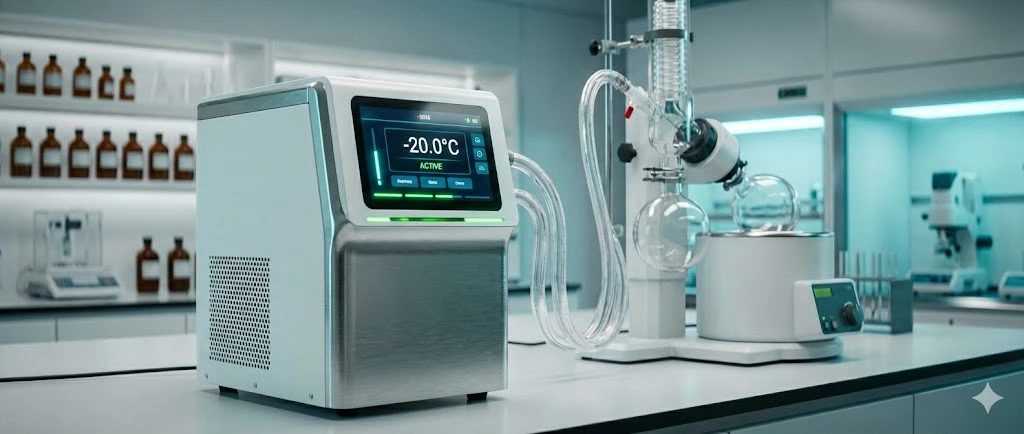Collaborations Improve Automation and Reproducibility For 3D Organoid and Organoid-on-a-Chip Technologies
Major collaborations are focusing on standardization and improvements using organoid automation and ready-to-go organoid-on-a-chip solutions
The advent of 3D organoids has revolutionized modern approaches to studying organ, tissue, and cellular structure and function. Organoid systems have enabled higher-resolution approaches toward cell biology research and are driving the latest high-throughput cell screening approaches toward drug discovery and development.
3D organoids are typically generated by culturing stem cells in a 3D environment (rather than in a 2D monolayer), allowing them to differentiate into multiple cell types that closely model real organs. Organoid-on-a-chip is a recently developed technology that combines the power of 3D organoids with microfluidic chambers to increase precision and reproducibility and allow finer control of cell development and microenvironment conditions.
In many cases, 3D organoids and organoid-on-a-chip technologies have supplanted 2D cell culture techniques by providing more complex models that mimic the architecture, arrangement, and function of specialized tissues and organs. Although these advances have led to a higher understanding of cell- and tissue-specific phenomena, there are still major technical hurdles to reduce intra- and inter-variability and reproducibility in organoid preparations and assays. With this in mind, major collaborations are focusing on standardization and improvements using organoid automation and ready-to-go organoid-on-a-chip solutions.
RoboCell/Momentum Collaboration Introduces Fully Automated Solution for Cell Line Work
Thermo Fisher and Celltrio recently announced a collaboration to integrate their automation software “Momentum” with Celltrio’s recently released RoboCell platform. This first-of-kind pairing of Momentum’s workflow automation and data management capabilities with the RoboCell’s cell line culturing hardware will directly address the current lack of fully automated and well-monitored high-throughput cell analysis solutions. Together, the combination is expected to provide a unique platform capable of highly reproducible workflows for beginning-to-end cell line studies. The initial rollout will be in Europe and is being coordinated by Thermo Fisher, who will assume product oversight, sales, and support responsibilities as the technology is eventually deployed around the globe. Once established, this combination is expected to provide an easy-to-use interface coupled with the ability to rapidly scale up high-throughput workflows, resulting in greater cell line production capacity and improved consistency between batches.
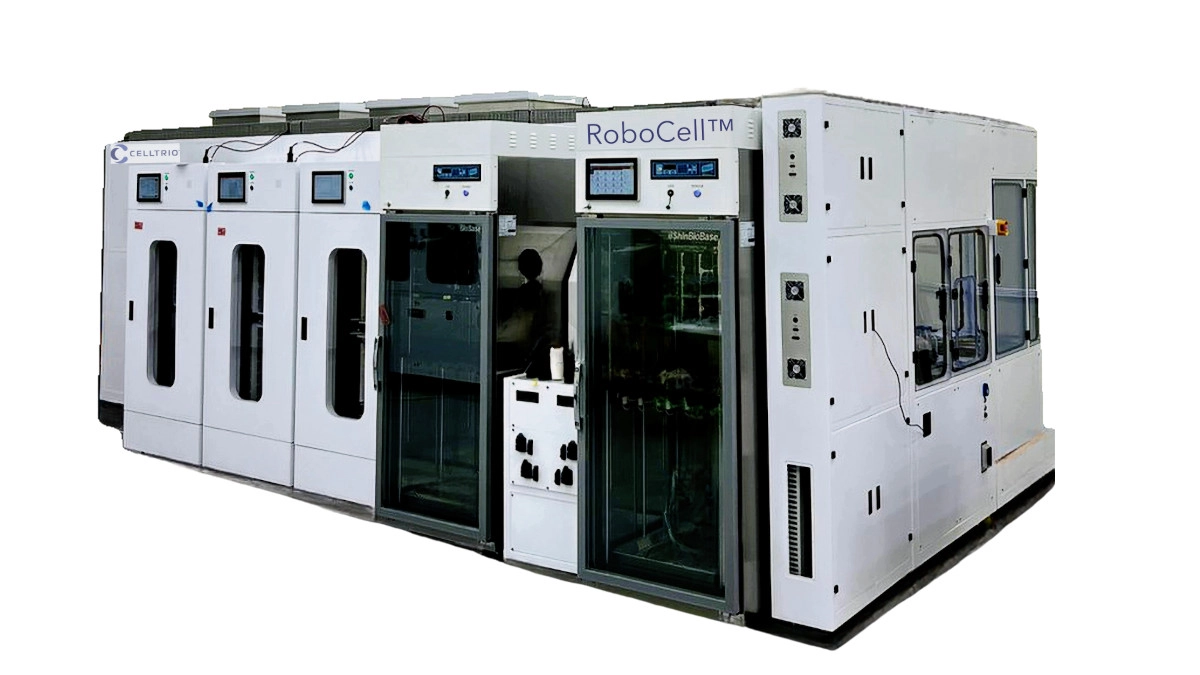 Features
of the RoboCell automation hardware platform include:
Features
of the RoboCell automation hardware platform include:
- A true end-to-end optimized multi-tasking system that reduces human error and performs all aspects of cell line development.
- Automated tasks that include handling of standard T-flasks and microplates, cell incubation, monitoring of cell counts, confluence, viability via a built-in imaging system, and automated liquid handling with air displacement pipetting for passaging, cell detachment, and plating.
- The system can operate completely unattended and is equipped with remote access capability and an easy-to-navigate in-person user interface for monitoring or adjusting work tasks.
- The all-in-one format minimizes footprint size in the lab and eliminates compatibility issues from mixing hardware from different vendors.
- The BSL-2-ready design promotes worker safety and reduces risks of contamination.
Features of the Momentum automation software include:
- An easy-to-use intuitive interface that allows for real-time process review, plate/well monitoring, and on-the-fly changes to workflows and processes, even while the system is in use.
- A data management suite that provides a full audit trail covering all software and hardware processes or changes, to aid in method review/development and to ensure compliance.
The system is designed with a focus on organoid research, and further optimization through this collaboration will help to leverage the task modules and multi-tasking capabilities of the RoboCell technology.
New Organoid-on-a-Chip Technology for Kidney and Colon Organoid Tubules
MIMETAS, a well-established global leader in organ-on-a-chip technology, has been collaborating with HUB Organoids since 2019 to develop novel organoid-on-a-chip products. Earlier this month, they announced the premiere of two first-of-kind product additions to the MIMETAS OrganoReady product line.
The new adult stem cell (ASC)-derived tubular organoids on-a-chip contain proliferative ASC-derived colon or kidney organoid tubules in arrays of 40 or 64 organoids per chip. These organoid chips provide a cutting-edge in vitro model expected to surpass currently available methods such as the use of cultured primary tissue or induced pluripotent stem cells (iPSCs). The new chips represent a combination of MIMETAS’ microfluidic platform, OrganoPlate, with the organoid technology expertise of HUB. Together they are expected to provide a sizable step forward in our ability to research kidney and colon tissues in a reproducible and high-throughput fashion.
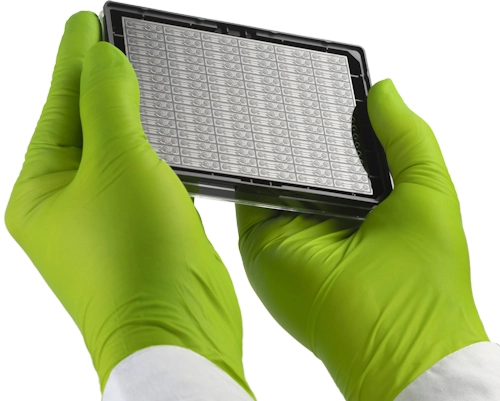 The
main benefits of ASC-derived organoid-on-a-chip technology include:
The
main benefits of ASC-derived organoid-on-a-chip technology include:
- A ready-to-assay format deriving organoids from standardized ASC donor sources, reducing culture variability while avoiding excess time spent performing cell differentiation, transformation, or reprogramming.
- The chip architecture enables a wide variety of assays, such as permeability and transporter analysis.
- Organoids are produced as 3D perfused structures, which allows access to apical and basal regions.
The OrganoPlate platform holds 96 chips and is suited for high-throughput research involving mechanistic studies, drug development, or the effects of drug-induced injury.
Summary
When it comes to organoid-based research, experts in the field are most concerned with securing stable and valid in vitro models that can replicate specific organ, tissue, and cell-type functionalities. The advancement of 3D organoid and organoid-on-a-chip technologies strives to overcome the limitations of 2D cell culture and provide higher-resolution approaches toward cell biological research. These new technologies are constantly evolving and are critical to the need for high-throughput culturing solutions for cell screening in many areas of disease research including cancer and drug development. The implementation of standardized devices, methods, and automated organoid workflows will reduce bias and imprecision, leading to exciting new discoveries that are widely applicable and reproducible.
Image credits:
